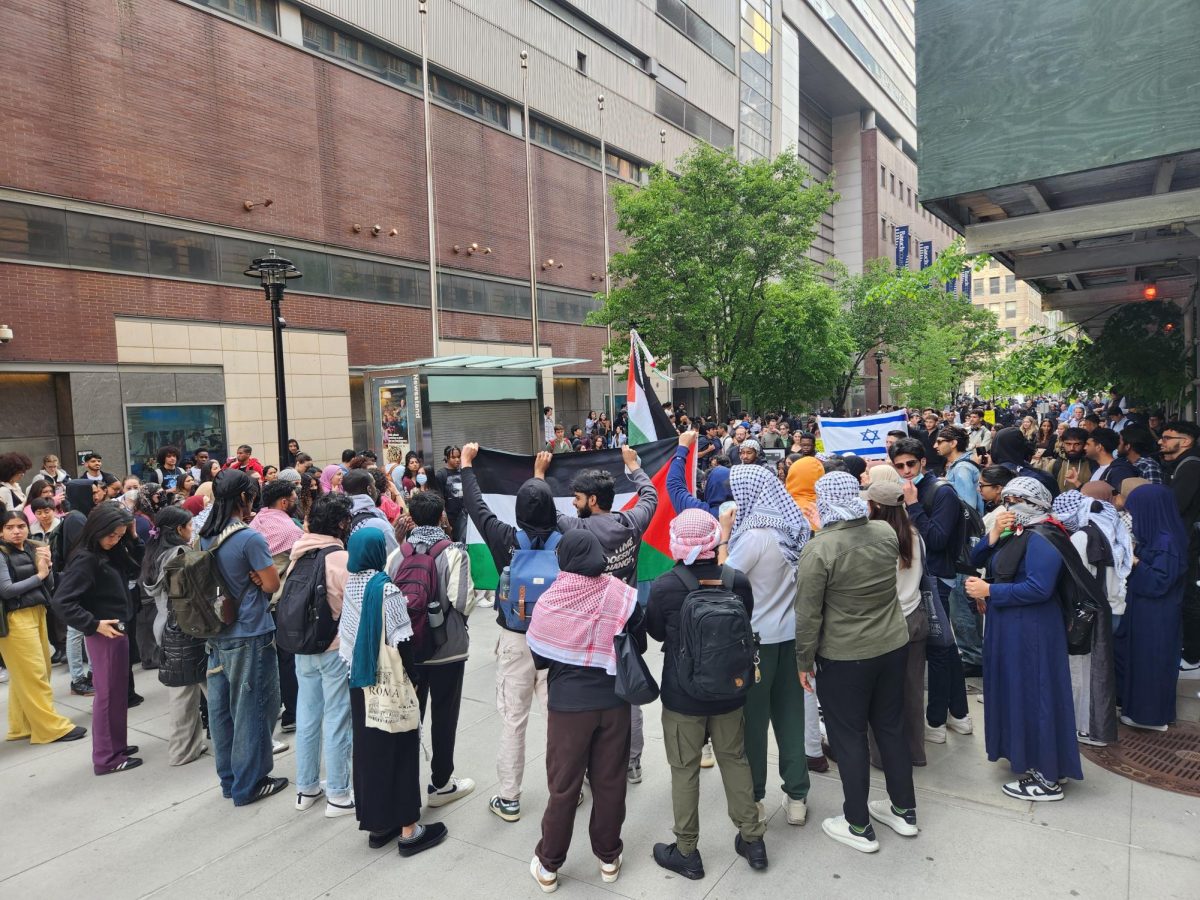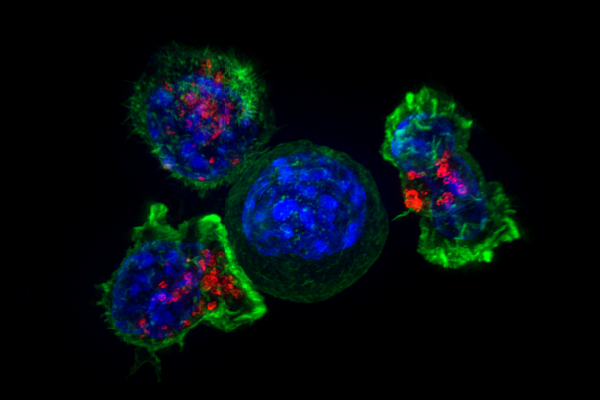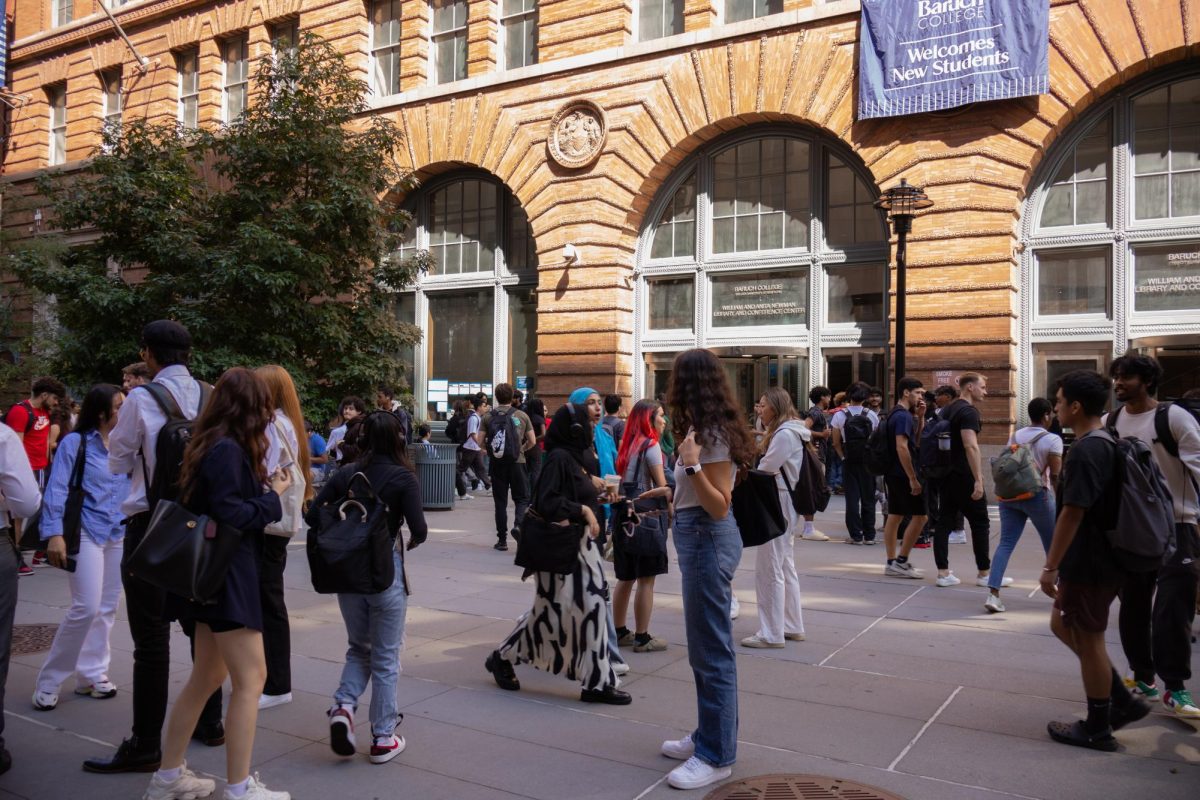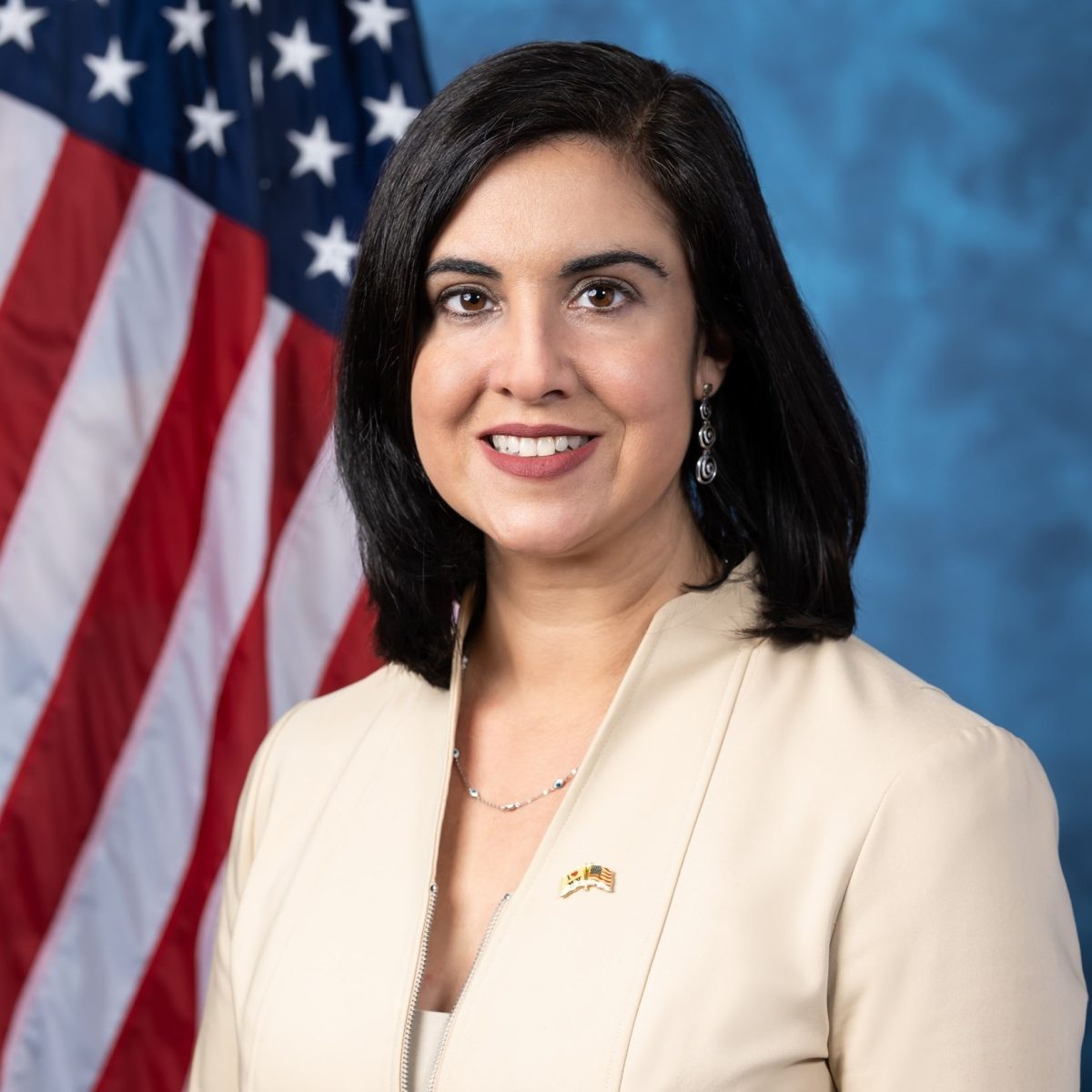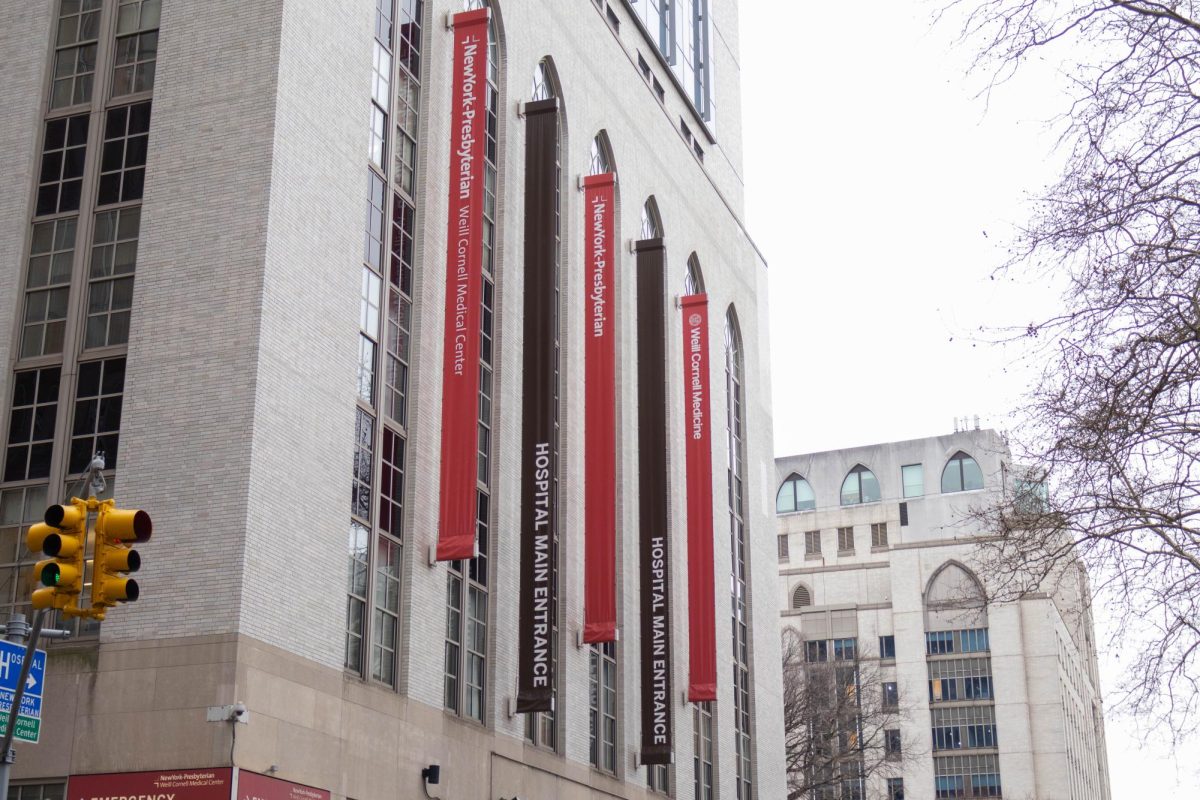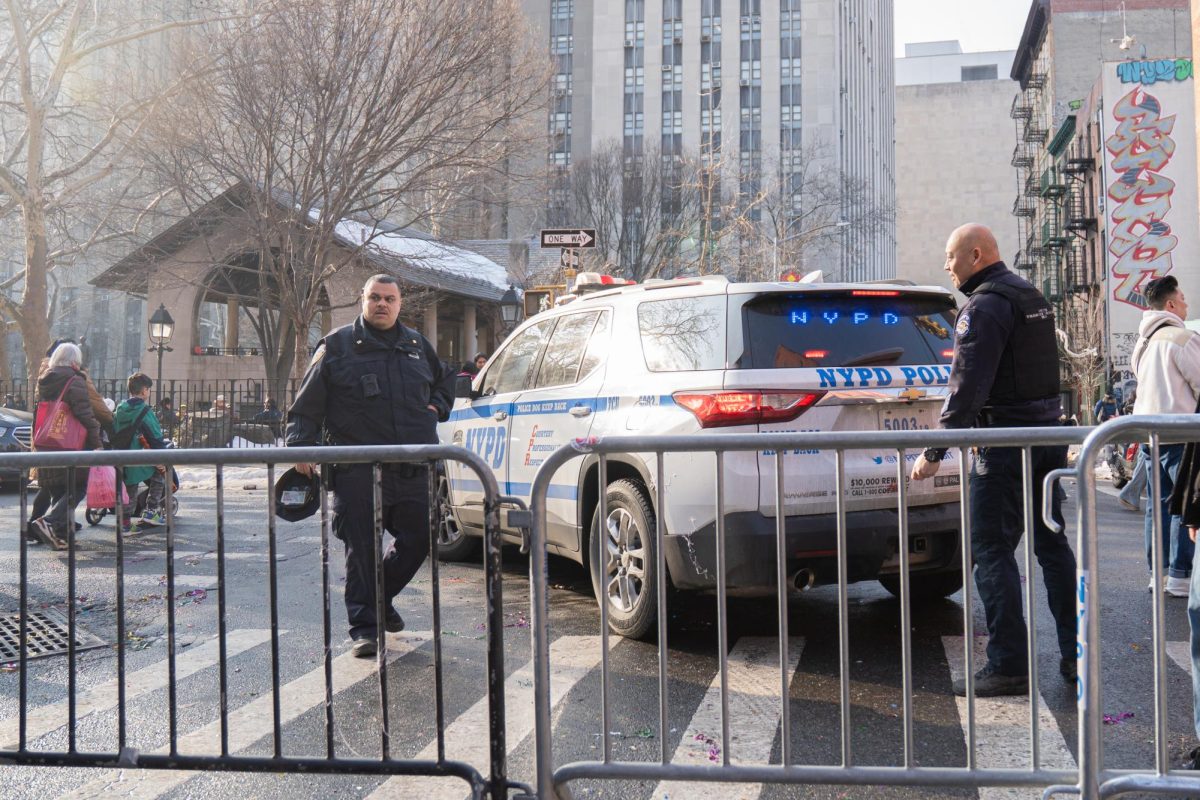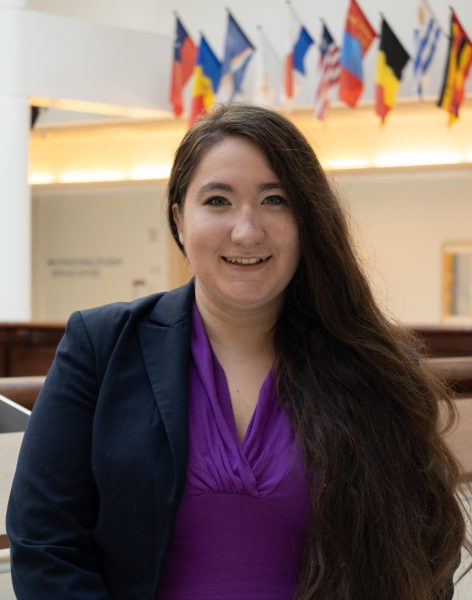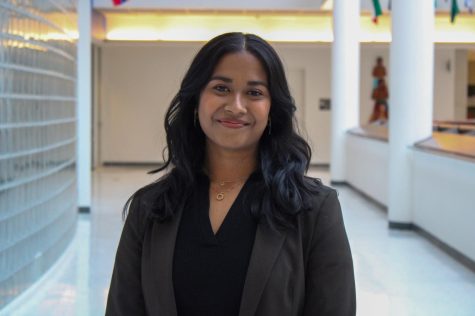Baruch College students took to the Clivner=Field Plaza on May 6 and May 9 in demonstrations and counter-demonstrations focused on CUNY’s response to the Israel-Hamas war, inspired by the recent wave of college encampments in the country. Students waved Palestine and Israel flags and at one point the demonstrators faced each other and exchanged chants of “you’re supporting genocide” and “you’re supporting terrorists.”
There were no instances of physical violence. Administration did not intercede in the demonstration, but security guards and police officers stood by.
“Students have a right to exercise free speech about things,” Tarek Darwish, a senior majoring in operations management, said. “I really think it was important. I think people should have a right to speak out on things they believe in.”
Darwish said he went to the plaza to watch the demonstration and support students exercising their right to protest.
Baruch Middle Eastern North African, Muslim Student Association, Women in Islam, Muslim Business Association and Students for Justice in Palestine clubs posted joint Instagram posts about the demonstrations. They also shared a list of five CUNY-wide demands made by the CUNY Gaza Solidarity Encampment: divest, boycott, solidarity, academic integrity and transparency on hate crimes.
“When it comes to CUNY Baruch specifically there are two demands that Baruch MSA and Baruch MENA would like to make,” Saad Shuaib, a senior majoring in journalism, said. “The first thing is to allow for academic integrity by getting rid of administrator oversight of events planned by academics and department heads in regards to Gaza and Palestine, such as with the Gaza teaching organized by the history department. That was indefinitely postponed. It was canceled.”
Shuaib said they also were calling for updates on an incident in October and a statement from administration condemning discriminatory and threatening actions.
“The second demand is transparency for hate crimes taken against Muslim Arab Palestinian students at Baruch, such as with the Zionist student who yelled ‘I’ll kill you’ to another student,” Shuaib said.
At a Hillel at Baruch vigil for the Oct. 7 attack in Israel, held on Oct. 10, a protestor disrupted the ceremony and engaged in a verbal exchange with the participants. One of the individuals at the vigil then told him “I’ll kill you.” Baruch MENA uploaded a video of the incident on their Instagram in October.
Shuaib said the lack of response from Baruch creates a dangerous normalization of threats.
“Me personally, I don’t feel safe in the sense that if you’re emboldening another student to basically make a death threat, and everybody else on campus sees that there was no action taken, then that’s going to embolden other people that are in the Zionist camp,” he said.
Wu did not send any email communications regarding the instance and when student organizations followed up with administration Shuaib said the school did not answer.
“Baruch MENA, Baruch Muslim Student Association and Baruch Muslim Business Association have emailed the administration multiple times throughout the last six months to give a response on the disciplinary action that was taken on that student, and we have yet to receive a response,” he said.
Darwish said he thinks there must be an end to the violence in Gaza.
“I believe in a permanent ceasefire,” he said. “I believe this war should end. The blood of 40,000 Palestinians has been spilled. This can’t go on. The people being murdered, the cost of this war is far too high.”
Members of Hillel at Baruch, a Jewish student organization, and Hillel staff gathered near the protestors, but had made no social media posts organizing a counter protest.
“I’m here to show my solidarity with Israel, my people and my fellow Jews,” Batya Babayoff, a senior majoring in journalism, said. “There has been a lot of antisemitism just running rampant on colleges so I’m just here to show unity.”
Ben Donin, the president of Hillel at Baruch, also called for more transparency on incidents reported to administration.
“Give us a response, give us an answer,” Donin said. “Don’t just be like ‘yeah, sure, we’ll get to it’ and then don’t get to it. Do something. Talk to us.”
While he said the protest was secure, he said he wanted more consistent security on campus.
“Now there was a lot of police or security [at the protest] but being a Jew on campus, you don’t really feel safe,” Donin said.
Babayoff said she hoped the administration would condemn the protests for chants that she said threatened Jewish students.
Organizers for the protests used “intifada” in both posts for the events and in the chants themselves. The post for May 6 was captioned “long live the student intifada” and in the May 9 post they called the protest “From the Plaza to Gaza Globalize the Intifada.”
“You could say ‘free Palestine,’ you could say ‘free Gaza,’ you could feel bad for the Palestinians all you want, but certain chants such as ‘globalize the intifada,’ that is a violent uprising against Jews,” Babayoff said. “That’s not a peaceful thing to say. So yeah, I’d like to see action.”
Donin also said he felt the chants were threatening.
“If you know the intifada, you know that it’s a violent uprising against Jewish people and also innocent Palestinians who were thought to be colluding with the Israeli government,” Ben Donin said. “So a lot of murder, a lot of death. So calling for that on campus is literally just calling for death of Jewish people.”
Protestors yelled “Baruch Hillel go to Hell” and chanted against Zionism.
“Every Jew is a Zionist for the most part, like everyone you see here, we’re all Zionists… It’s discrimination against Jews,” Babayoff said.
Shuaib said criticizing Zionism was not the same as attacking Judaism.
“We’re against Zionism, we’re not against Judaism,” Shuaib said. “And it is important to draw those distinctions between those two things.”
Donin said he thought the chants were antisemitic and that the protestors had a mixed level of understanding of the phrases they were chanting.
“I think a majority don’t know what they’re saying and they’re just regurgitating whatever they hear online,” he said. “And I think some do understand, they truly just hate Jews.”
Shuaib said there is simply a lack of understanding between students because they are operating under a different understanding of the concepts.
“When we were chanting ‘Judaism? Yes. Zionism? No,’ there were multiple people on the other side that were visibly surprised, because they actually think that we’re calling for a genocide against Jewish people,” he said. “And the people that are to blame for this are the leadership of Hillel that know what they’re doing when they’re sending these students on birthright trips, and not taking them to the West Bank and not taking them to places where there’s actual apartheid and protecting them on campus from hearing the truth.”
He said Baruch’s response to the Israel-Hamas war and the protests has shut down dialogue at a time when communication is essential.
“CUNY Baruch is doing such a disservice to both ‘Israeli Jewish’ students on campus and Palestinian, Muslim and Arab students on campus because in an attempt to ‘save both groups of people,’ they’re just dividing both groups of people and making sure that everyone just hears something from their own side in their own little bubbles,” Shuaib said. “But we’re an educational institution.”
One thing that both groups seemed to agree on was the lack of communication and open discussion forums for students to engage in these topics in more depth. They called on the administration and Baruch President S. David Wu in particular to be more transparent in their language when addressing the recent spike in Islamophobia and antisemitism and allow students and professors to have open conversations in the classroom or at conferences.
“I’ve noticed a trend of the administrations in those colleges because they’re not invested in learning as much as they are in maintaining the status quo or, in the quest of ‘protecting their students,’ are shielding their students from learning the truth,” Shuaib said. “Let us debate in the public circle of what’s right and wrong. Let people come together and whether they agree or disagree, let them hear the history on both sides.”
Additional reporting by Sanjit Guliani


